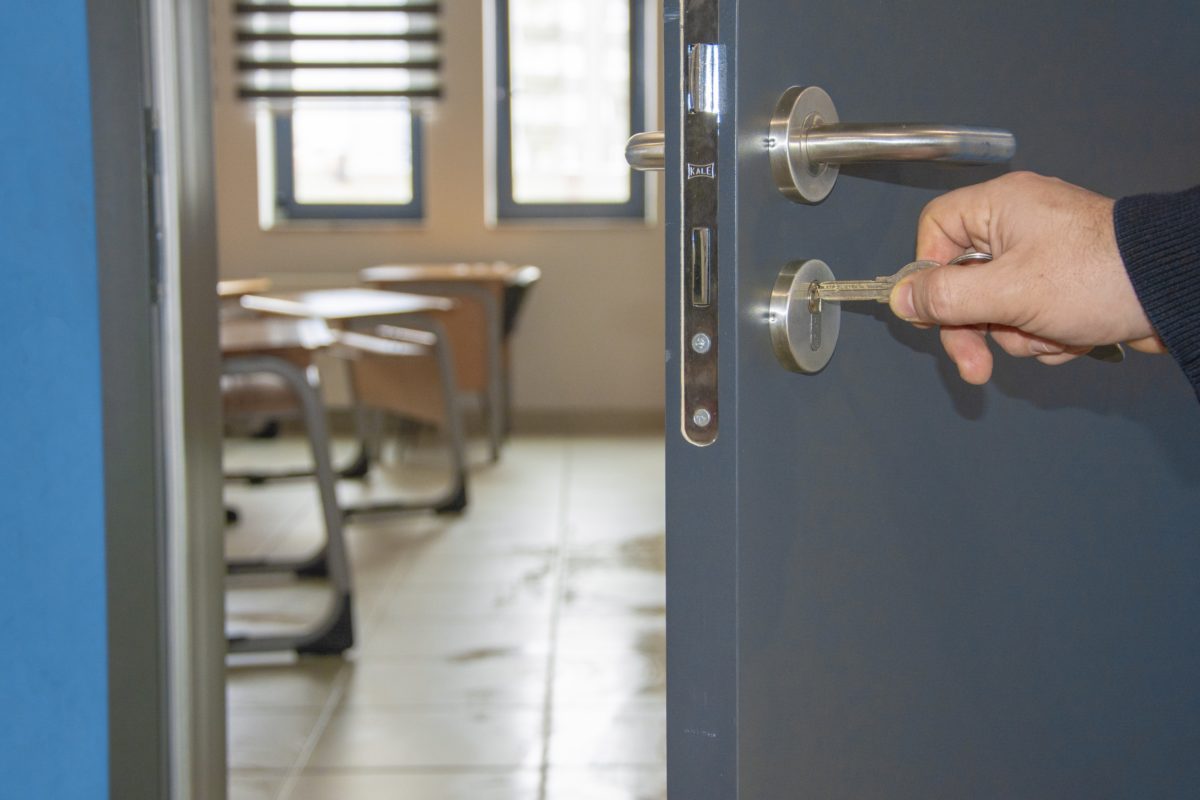The Bottom Line Equity Concerns for Education Access During COVID-19 Closures
Clearly, closing school doors can bring both positive and negative results. The obvious positive: closing may slow the peak of the spreading virus. However, the CDC reports that 19-year-olds and younger appear to have milder COVID-19 illness, with almost no hospitalizations or deaths reported to date in the United States in this age group. However, the fear is that they can still carry and spread the virus.
On the flip side, for a large number of children, the best place for them to be is actually in school. Many parents remain working, and some children may lack access to educational materials or even meals at home. And what is to limit children from contacting others when they’re away from school?
Beyond the basic public health risks that vulnerable students face when schools close, the bigger worry that has school leaders scrambling right now is equity.
In Washington state some schools are exploring online learning. But that raises some equity questions: Do all students have computers at home? Do they have Wi-Fi? What about suitable support for students with disabilities? Will the online learning experience even be successful?
This leads to another question. If some kids do not have access to online learning, should public schools make up the lost school days? If so, should those who pursuing tech-based learning be exempted?
At this point, I would argue families who can afford online learning programs should pursue them—with supervision. For those families that do not have the same opportunity, perhaps the schools (maybe through contracted education companies), could provide paper-based learning with access to teachers over the phone or email. This may require the schools to provide computers and Wi-Fi access to needy students.
In the end, we all want our children to be able to stay on top of their learning and to avoid the rest of the school year falling by the wayside. Let’s hope that there is a cure for the coronavirus sooner rather than later and children will be back to school.


